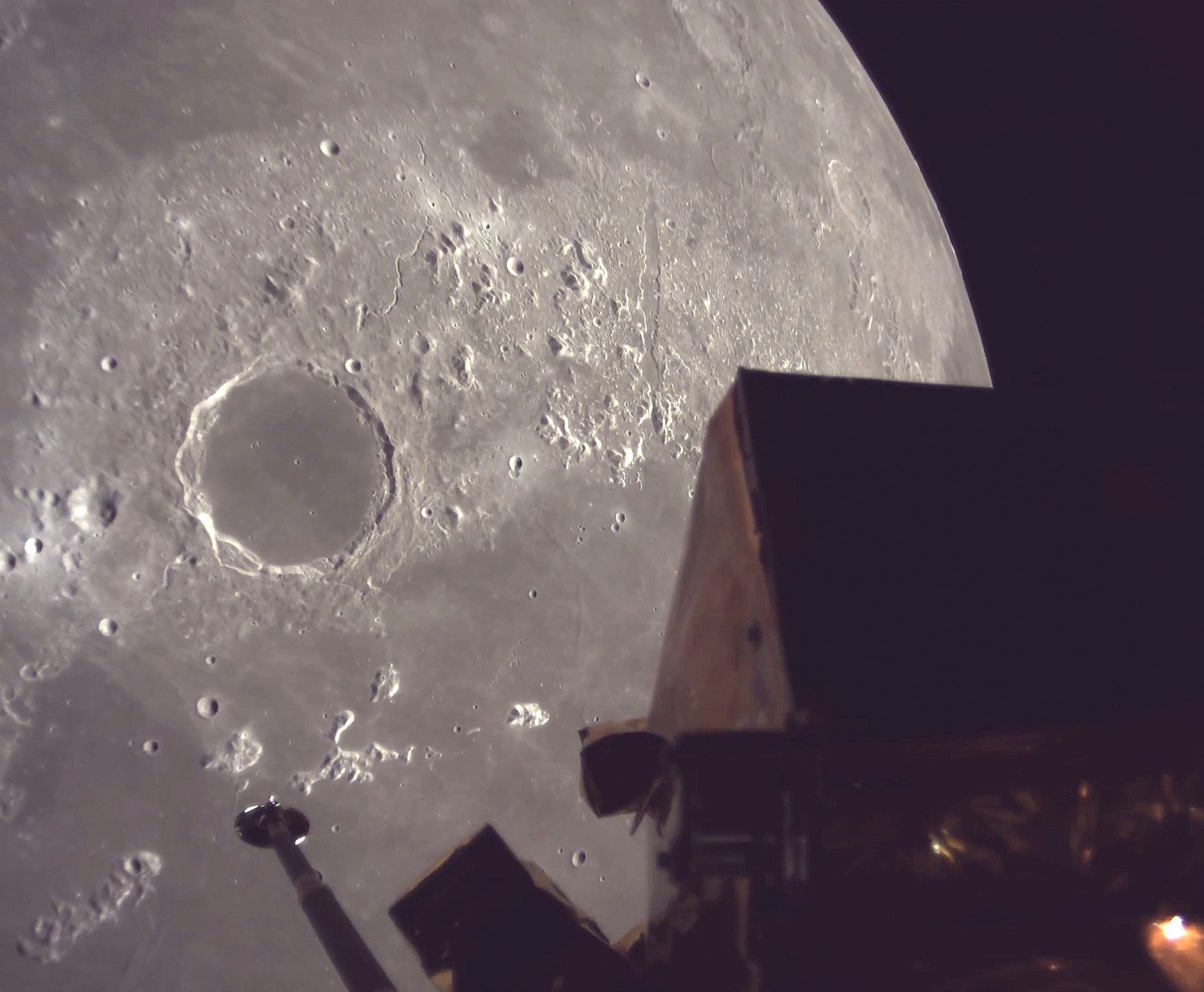
TOKYO - Japanese startup ispace aims to become the first non-US company to achieve a controlled moon landing as it prepares for the touchdown of its second uncrewed spacecraft on Friday, two years after its inaugural mission ended in failure.
Tokyo-based ispace hopes to join US firms Intuitive Machines and Firefly Aerospace, which have accomplished commercial landings since last year.
The mission also highlights broad public- and private-sector expectations from Japan, which remains committed to lunar exploration as part of NASA's Artemis moon program, despite mounting uncertainty about its future as US President Donald Trump reshapes US space policies.
"A moon landing is not a dream but it has become a reality," ispace CEO Takeshi Hakamada has said.
The company's first lunar lander in April 2023 crashed onto the moon's surface due to a software issue that incorrectly assessed its altitude during descent over precipitous terrain.
ALSO READ: Japan's ispace aims for December launch of second moon landing mission
Its second lander, named Resilience, in January shared a SpaceX rocket launch with Firefly's Blue Ghost lander. Blue Ghost took a faster trajectory to the moon and touched down successfully in March.
Currently circling about 100 km (62 miles) above the lunar surface, Resilience carries a rover built by ispace's Luxembourg subsidiary and payloads worth a total of $16 million, including scientific instruments from Japanese firms and a Taiwanese university.
After Friday's landing on Mare Frigoris, a lunar sea relatively close to the moon's north pole, scheduled for 4:17 am Japan time (1917 GMT, Thursday), the 2.3-metre-high lander and the microwave-sized rover are tasked to capture images of regolith, the moon's fine-grained surface material.
If successful, ispace said it will transfer the ownership of the collected material to NASA to fulfil what it says would be the world's first commercial transaction of lunar resources. According to a 2020 NASA statement, ispace's Japan and Luxembourg units would each receive $5,000 under this arrangement.
READ MORE: Japan's ispace readies for world's first commercial lunar landing
NASA was not immediately able to comment on the impact of the Trump administration's proposed budget reductions on the contract. An ispace spokesperson declined to comment.
Japan’s lunar enthusiasm
The company envisions establishing a lunar colony of 1,000 inhabitants by the 2040s, tapping the moon's water resources. It plans seven more missions in the US and Japan through 2029, including a NASA-sponsored one as part of the Artemis program, to capitalize on increasing demands for lunar transportation.
About a dozen corporate partners have provided support for ispace missions, including titanium materials from Citizen Watch and design expertise from automaker Suzuki.
In Japan, a wide range of businesses from construction firms to carmakers engage in lunar exploration research, and the breadth of industrial interest in the moon may surpass that in the United States, said Atsushi Uchida, Research Director at Mitsubishi Research Institute.
READ MORE: Japan's ispace readies for launch of first commercial moon lander
The government has been keen to promote Japan's roles in the Artemis program, signing an agreement with NASA last year to include two Japanese astronauts and a Toyota-built rover in forthcoming missions to the lunar surface. Exploration of the moon and Mars is one of the key objectives of Japan's newly-established multibillion-dollar space venture fund.
"Having ispace, a domestic transportation option, is a huge advantage for Japanese businesses and universities that foray into lunar exploration using government funds," said Ritsumeikan University professor Kazuto Saiki, who participated in Japan Aerospace Exploration Agency's (JAXA) SLIM mission that achieved Japan's first lunar landing last year.
JAXA President Hiroshi Yamakawa said last month that he was rooting for ispace's re-attempt because their "success will attract attention to the whole Japanese space industry."
Investors are keen. Shares in ispace, which made a blistering market debut in 2023 but languished after the landing failure, have risen about 60% year-to-date, epitomising a space startup boom in the Japanese capital market.


